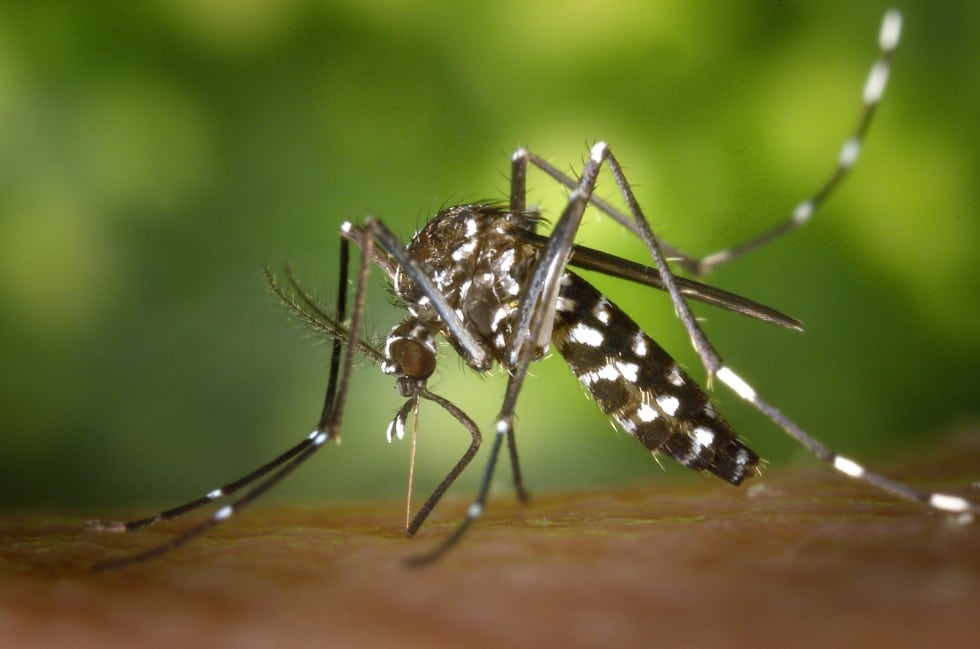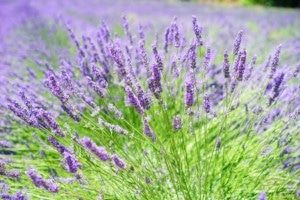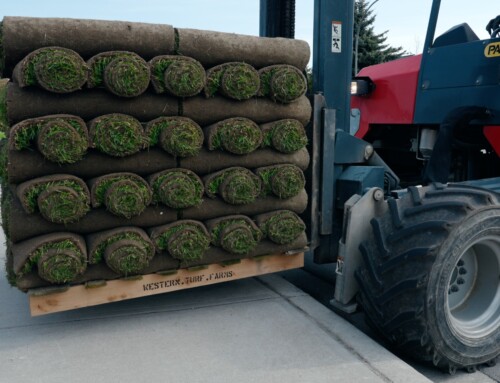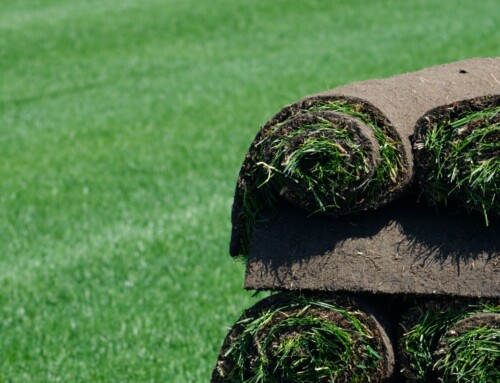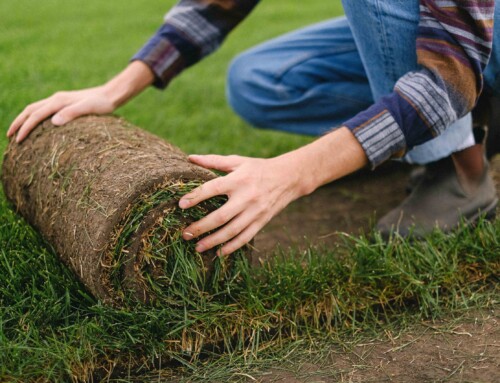During the months of summer, mosquitoes are a nuisance in our homes and yards bringing with them an annoying itch with every bite.
Reducing mosquito populations is serious business in Metro Vancouver. A regional Mosquito Control Hotline (604-872-1912) has been created to take calls regarding mosquito nuisance concerns, and mosquito activity is posted on weather websites alongside precipitation, wind speed, and relative humidity.
But you don’t have to let mosquitoes overtake your home and backyard. Here are a few simple and easy preventative methods to fight back.
Four Easy Tips To Combat Mosquitoes
Look for places in your yard where water collects for stagnant water provides a convenient breeding ground for mosquitoes to lay their eggs. Puddles, leaf piles, and leaf-filled gutters are where larvae thrive and develop into adults.
- Remove Stagnant Water
Empty out buckets and unused plant pots, overturn wheelbarrows, and fill in depressions in your yard and lawn that are collecting water. Keep your lawn neatly trimmed and don’t forget to change the water in birdbaths and dog water bowls regularly.
- Grow Mosquito-Repellent Plants
Mosquitoes have a sophisticated sense of smell. Human odors, like our body sweat, and a higher body temperature attracts mosquitoes. In turn, research has shown that mosquitoes dislike the odor of many plants such as:
- Catnip
- Marigolds
- Basil and Rosemary
- Lavender
- Lemon Balm
- Scented Geraniums
By planting strong-smelling plants, like the ones listed above, in your garden beds and containers you’ll help mask the scent of human perspiration so you can continue working outdoors or having fun in your yard.
- Make a Garlic Spray Tonic
Mosquitoes also hate garlic. Some recommend cutting cloves into slivers and scattering them outside. Others suggest boiling crushed cloves, adding water once cooled, and making a homemade garlic liquid to spritz around your patio. In Calgary, Alberta, Buzz Boss takes garlic to a whole new level compressing 700 pounds into a special blend which his company sprays in customers yards across Edmonton, Calgary, and Winnipeg.
- Blow Them Away
If you’re sitting outside with no wind in sight, make use of a fan on the highest setting. Weak fliers and tiny in stature, mosquitoes dislike a strong breeze.
Keeping Mosquitoes at Bay
The best defense to avoid being bitten is to reduce the amount of skin exposed. Wear long-sleeved, loose-fitting, and light-coloured clothing. Mosquitoes can easily pierce your skin by biting through snug clothes.
If you use a bug spray repellent, be sure to spray it over sunscreen. If you’re concerned about health issues surrounding DEET, research by the Centers for Disease Control and Prevention shows bug repellents containing oil of lemon eucalyptus (a natural oil extracted from the leaves and twigs of the lemon-scented gum eucalyptus plant) to be an effective repellent.
With help from the Farmers’ Almanac you can make your own natural bug repellent.
When you are bitten, don’t scratch bug bites! Your fingernails can break the skin allowing bacteria to enter your body. If the urge is unbearable, and you’re not near a water source to wash away the skin bacteria (and slow the itch) with soap and cold water – rub the area with the palm of your hand.
It’s the mosquito’s saliva that is the culprit. The human body recognizes the substance as an intruder and our immune system immediately releases a chemical called histamine. Although the release of immune cells towards the bite makes us uncomfortable, it’s actually a healthy reaction. If your immune system was compromised, your body would have no response.
Relief from Itchy Mosquito Bites
If cold water and soap doesn’t soothe the itch and inflammation from mosquito bites, there are some other natural topical remedies.
Baking Soda
The mild alkaline compounds in baking soda helps neutralize the skin’s pH balance. Make a paste by mixing a tablespoon of soda with water. Apply paste to bite and allow to sit 10 minutes before rinsing off.
Aloe Vera
A natural antiseptic agent, the gel from the Aloe Vera plant can help relieve the itch and swelling of mosquito bites. IKEA, Walmart, Home Depot, and your local garden centres all sell the potted succulent.
Apple Cider Vinegar
The anti-inflammatory and antibacterial properties of apple cider vinegar make it both a disinfecting and a soothing solution to combat mosquito bites. Dab bites with a cotton ball covered in vinegar. If you have bites all over your body, add two to three cups of apple cider vinegar to a tub filled with warm water. Soak for a minimum of 10 to 15 minutes.
Ice
Simple and easy. Cold therapy can numb the nerves that are triggering the pain and itch.
These are only a few suggestions. Others swear by the healing properties of applying raw honey, the juice of a freshly cut lemon, and crushed garlic to a bite. Whether you choose to apply topical remedies to a bite or not, consult your doctor immediately if you have an intense reaction to a mosquito bite.
Additional Resources
31 Plants That Repel Mosquitoes
A Guide To Mosquito Repellents, From DEET To … Gin And Tonic?
Zapped: The Buzz About Mosquitoes

